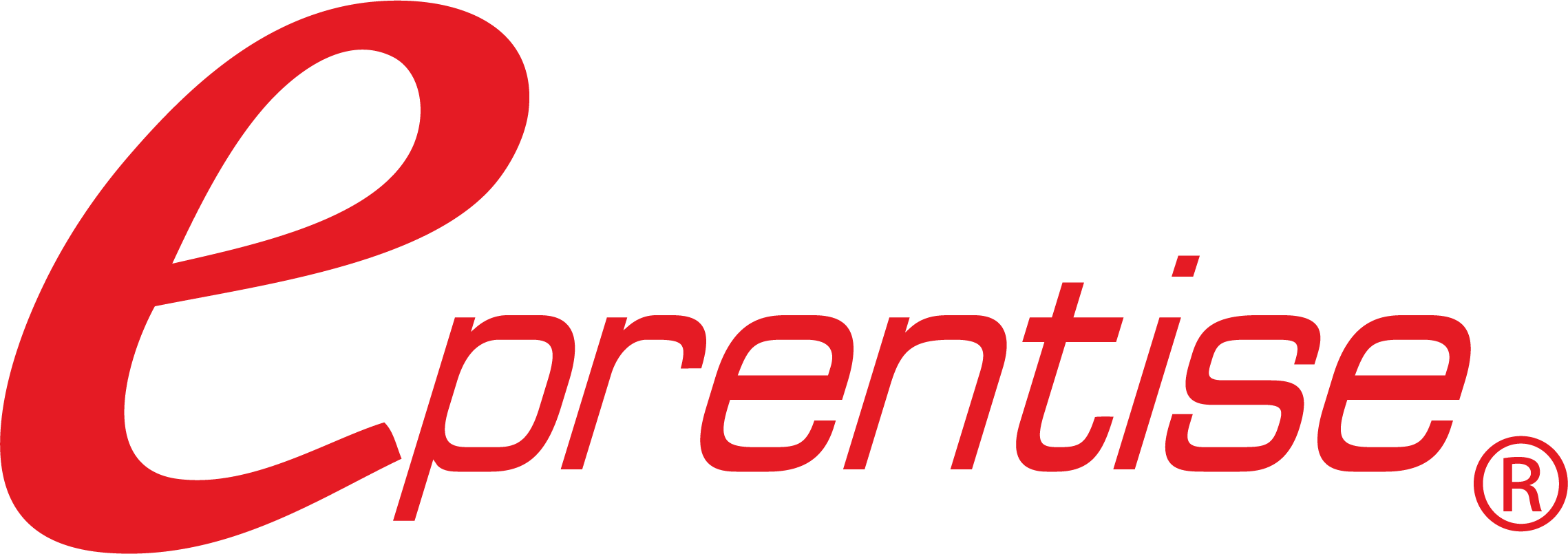Under FASB 141-Business Combinations, prior to 2009 merger and acquisition (M&A) transaction costs could be capitalized and recorded as part of the purchase price. Effective in 2009, FASB 141-R Business Combinations (later codified as ASC-805-10) mandates that direct M&A transaction costs now need to be treated separately from the business combination and expensed as occurred. Prior to 2009, the costs of an acquisition or divestiture could be shown on the balance sheet as an asset that would be amortized (expensed) over time and would not affect current operating results as presented on the income statement.
After 2009, the costs that are concurrent with a divestiture/acquisition for either the seller or the acquirer would typically be expensed on the income statement in accordance with ASC 805-10 Business Combinations. That is a huge change in the ability to capitalize the costs of an acquisition or divestiture and could result in millions of dollars in current expenses. Every dollar spent on acquisition costs will immediately result in a dollar less profit.
There is a workaround for companies to actually capitalize these costs. If a company separates their data prior to an acquisition or carves out their data for a potential divestiture before the acquisition is announced or before there is a potential buyer for the carved out piece of the business, and if that separation results in a new, standalone production instance, the costs associated with creating the new standalone instance would fall under ASC 350-40 Internal Use Software and could be considered implementation costs that could be capitalized if not concurrent with a divestiture/acquisition.
This scenario includes eprentise divestiture software in addition to other merger, acquisition, and divestiture costs. In order to capitalize the costs, the following two points are critical:
- The acquisition or divestiture is not announced, and there is no potential buyer identified.
- The carve out of data must include the creation of a complete stand-alone instance which allows the business to function in a fundamentally different way.
The rules regarding which costs may be capitalized under ASC 350-40 may require analysis and a company should consult their accounting subject matter expert or auditor in making the final determination.






